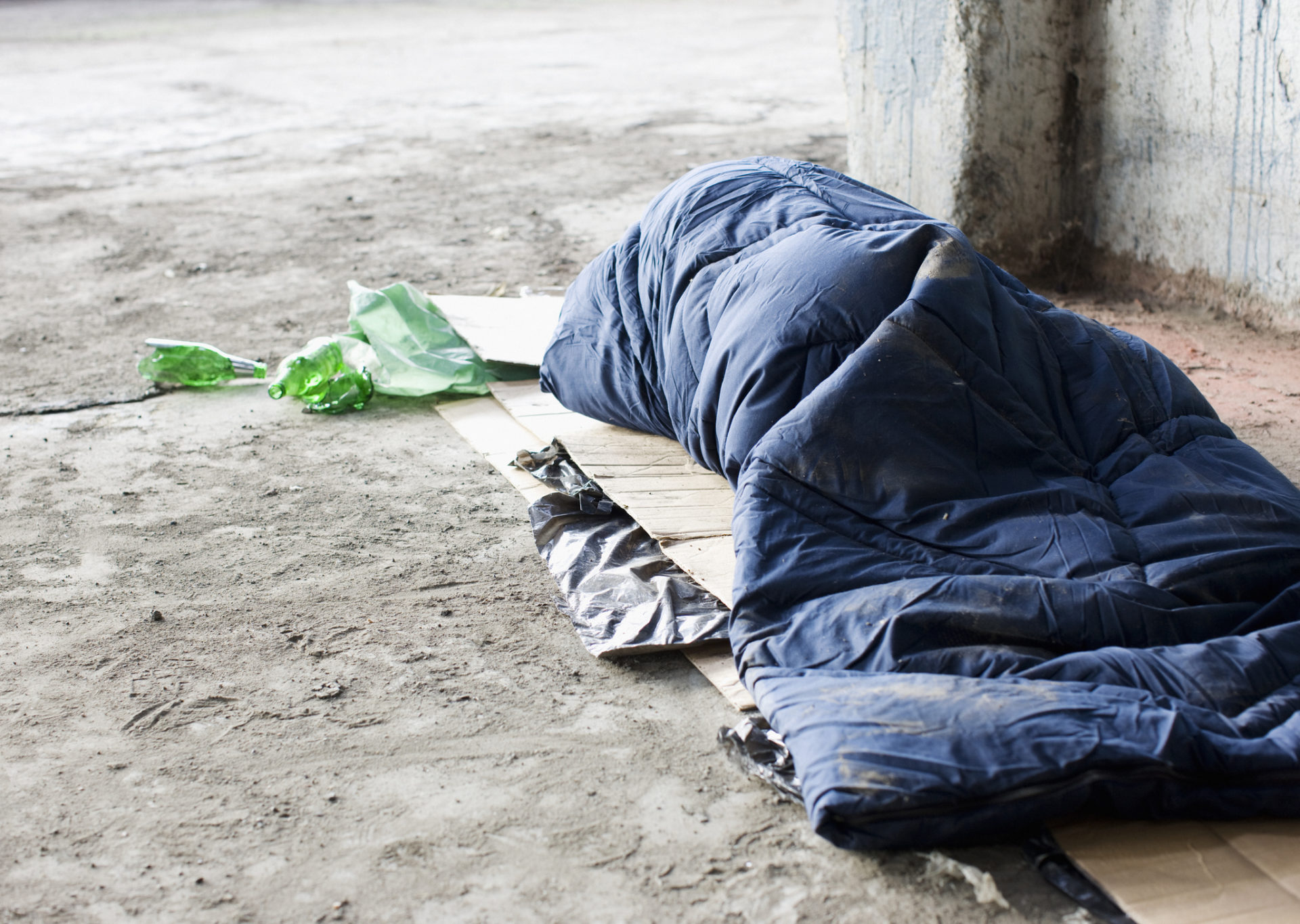
Every day I tune into the government’s Coronavirus briefing. It’s a habit I wish I could kick.
In a recent briefing, the government announced an additional £76 million funding “to support the most vulnerable in society.”
The government package will help to create more refuges, safe spaces and accommodation for domestic abuse victims and their children.
At the same briefing, Housing Secretary Robert Jenrick discussed a “rough sleeping strategy”. It seems that, over the course of a month, councils have offered more than 5,400 rough sleepers safe accommodation.
This additional funding is excellent news. Safe and accessible accommodation is invaluable for victims of domestic abuse. Unfortunately, the same isn’t quite true for rough sleepers.
Rough Sleepers are Adults at Risk
If we’re going to address the UK’s homelessness problem, we need to think beyond accommodation.
In many cases, providing a rough sleeper with four walls and a roof won’t solve all of their problems. People don’t become rough sleepers through simply losing their homes. More often than not, there are a series of complex issues at play. They may be fleeing from abusive situations. Or they could be struggling with addiction or other dependency issues.
In short, rough sleepers are adults at risk. And when it comes to safeguarding adults at risk, we must approach things on a case-by-case basis. Everything we do should be person-focused, and any help we give will vary from individual to individual.
We welcome the government’s commitment to giving adults at risk the help and support they need. We just hope they are truly committed to address the complex underlying causes of the situation. Otherwise, any help they give will just be empty platitudes.
